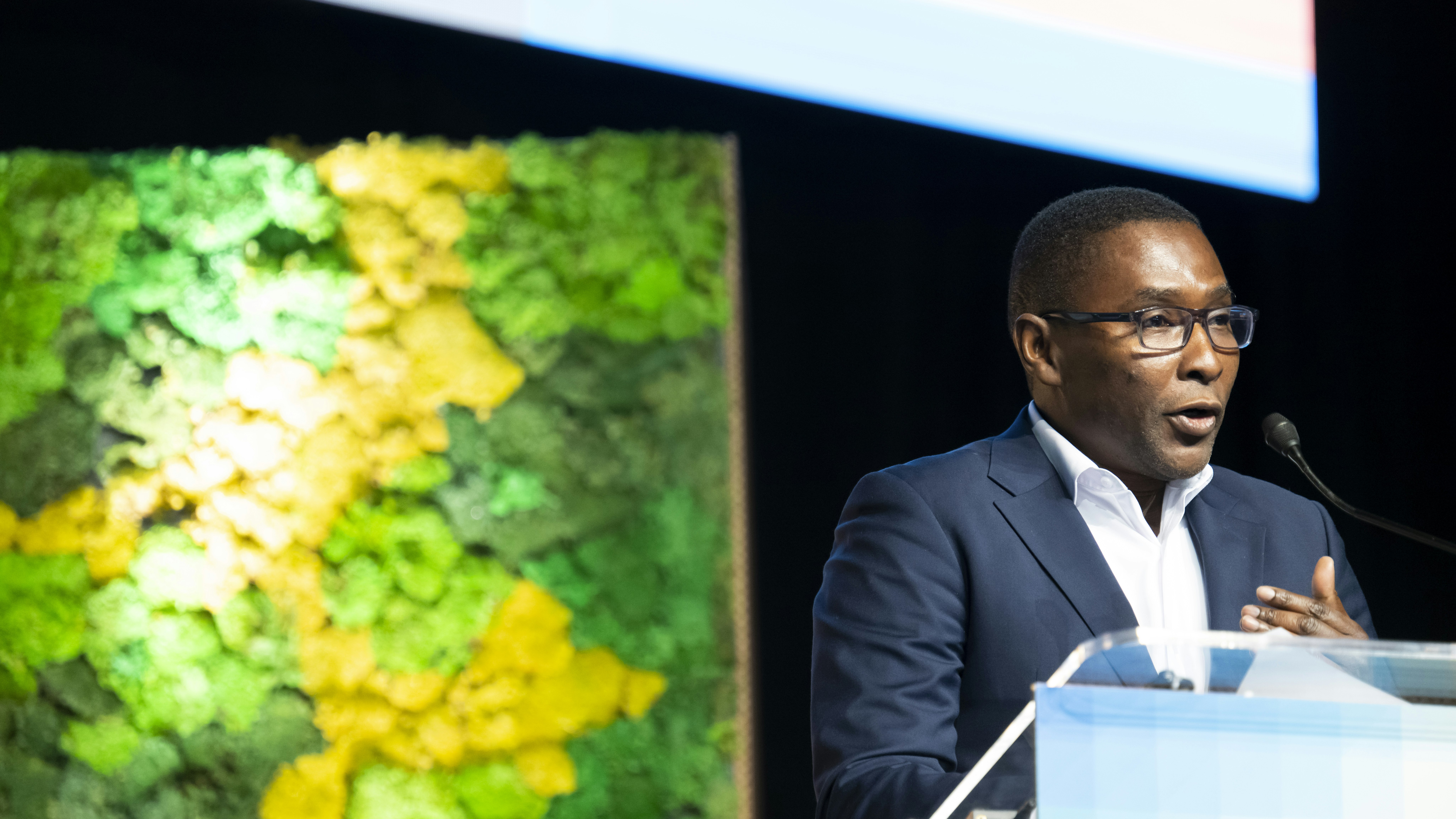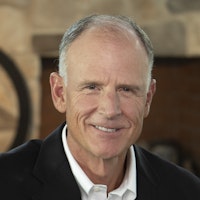
Closing Plenary
Setup
Welcome to closing session! A developer explains how his solar city stayed online in a hurricane, an energy policy expert weighs in on how decarbonization tips the scales of global power, and a photographer shares images of indigenous land defenders. A special advisor to the U.N shares how developing countries can get the resources to be more resilient, biodiversity experts expand on policies to protect species on land and at sea, and a climate skeptic tells us why he changed his mind.
Speakers
-
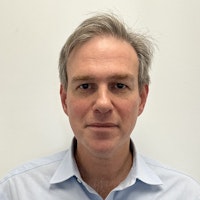 Bret StephensOpinion columnist at The New York Times
Bret StephensOpinion columnist at The New York Times -
 Amy HarderExecutive Editor, Cipher
Amy HarderExecutive Editor, Cipher -
 Susan GoldbergPresident and CEO of GBH
Susan GoldbergPresident and CEO of GBH -
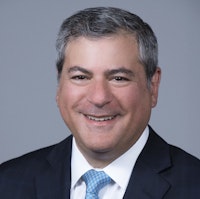 Jason BordoffDirector, Center on Global Energy Policy
Jason BordoffDirector, Center on Global Energy Policy -
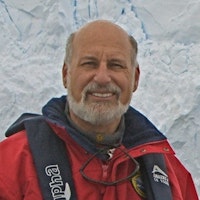 John EnglanderPresident of Rising Seas Institute
John EnglanderPresident of Rising Seas Institute -
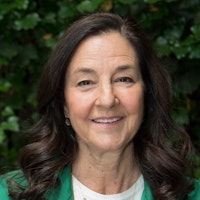 Monica MedinaFormer Assistant Secretary of State, Oceans, Environment and Science
Monica MedinaFormer Assistant Secretary of State, Oceans, Environment and Science -
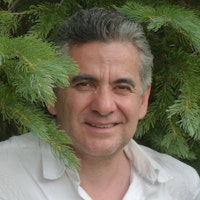 Gerardo CeballosEcologist and conservationist
Gerardo CeballosEcologist and conservationist -
 Sydney KitsonCEO of Kitson and Partners
Sydney KitsonCEO of Kitson and Partners -
 Justin WorlandSenior Correspondent, Time
Justin WorlandSenior Correspondent, Time -
 Pablo AlbarengaVisual Storyteller
Pablo AlbarengaVisual Storyteller -
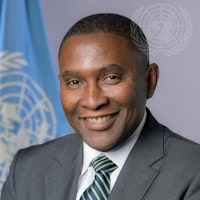 Selwin Charles HartAdvisor to the UN secretary-general on climate
Selwin Charles HartAdvisor to the UN secretary-general on climate -
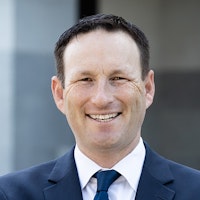 Josh FrydayChief service officer for the California governor
Josh FrydayChief service officer for the California governor
- 2023 Climate
How a Solar-Powered City Survived a Storm
Decarbonization, Meet Destabilization
The Other Crisis: Biodiversity Loss and How We Protect the Planet
Where Does the UN Stand on Climate?
Why Do Skeptics Change Their Minds?
Explore More
Society


Young people in America are struggling. The causes are varied and may not be entirely clear, but the results are unfortunately unmistakable. Many of our youth feel lonely, iso...

Friends, partners, children, families, coworkers — these connections profoundly shape our lives, and even in the best of times, navigating them takes real work. It also means...

New York Times columnist and bestselling author David Brooks is known for bringing his thoughtful reflections on politics and culture, but at this year’s Aspen Ideas Festival,...

Jump in by watching our 15 most popular talks of all time. From black holes to jazz and civil rights to psychology hacks, we've collected the talks that remain audience favori...

Finding the national and global headlines understandably bleak lately? Whether you need mental distraction or stimulation, engross yourself in compelling topics and get a gli...

Today's kids are coming of age against a backdrop of political, social, technological and economic upheaval. While these circumstances are shaping a precocious generation that...


Hope seems like a simple concept, but the feeling can be difficult to hold onto. And when times are difficult and chaos swirls around us, it’s more important than ever. How do...

Advocates, healthcare providers, legislators, researchers, and venture capitalists are bringing the unique health needs of women to light – from vigorous policy debates on iss...

Ethical dilemmas, stakeholder pressure, building trust — leading organizations requires wisdom and stamina from the top. Who wouldn’t want some advice?

What makes us happy — really? How can we raise resilient and empathetic children? What does it mean to be truly connected in our increasingly digital world? Can we re-instill...

Our need for human connection is profound and deep. Yet, today, one in two adults are living with measurable levels of loneliness – and the numbers are even higher among young...


Conflict and suffering can bring out the worst in people, but it can also bring out the best. This is one of the lessons New York Times columnist Nicholas Kristof has learned...


The federal right to abortions in the United States has been overturned, access to contraception and IVF services are threatened in many states, and the gender wage gap persis...

Henry Louis Gates Jr. — one of America’s leading public intellectuals and director of the Hutchins Center for African and African American Research at Harvard — explains the i...

A nonbinary comedian challenges us to question our notions of self, gender and society, and opens our eyes to what we may gain in the process.

Why do some conversations succeed while others stumble? The neurology and psychology of communication offer surprising explanations for why human connection goes right or wron...
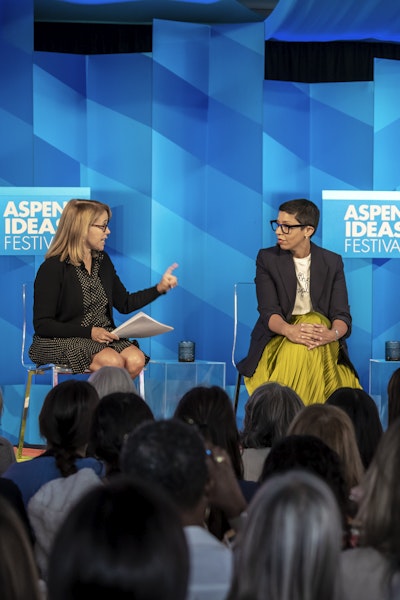
The rollback of reproductive rights, the push to end no-fault divorce, and gun laws that allow domestic abusers to own a firearm are turning the clock back on women’s rights....

Women are twice as likely to invest in female-led businesses. Explore the ways women approach wealth building and investment, and how they create opportunities to build financ...

With ESG caught in the political culture wars, business executives must decide to speak up or stay quiet about climate, diversity and democracy. What do employees and citizens...
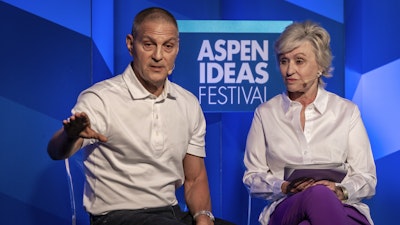
From one of the highest perches in the entertainment industry, the CEO of sports and entertainment behemoths Endeavor and TKO takes us on a journey of leadership and leverage....





